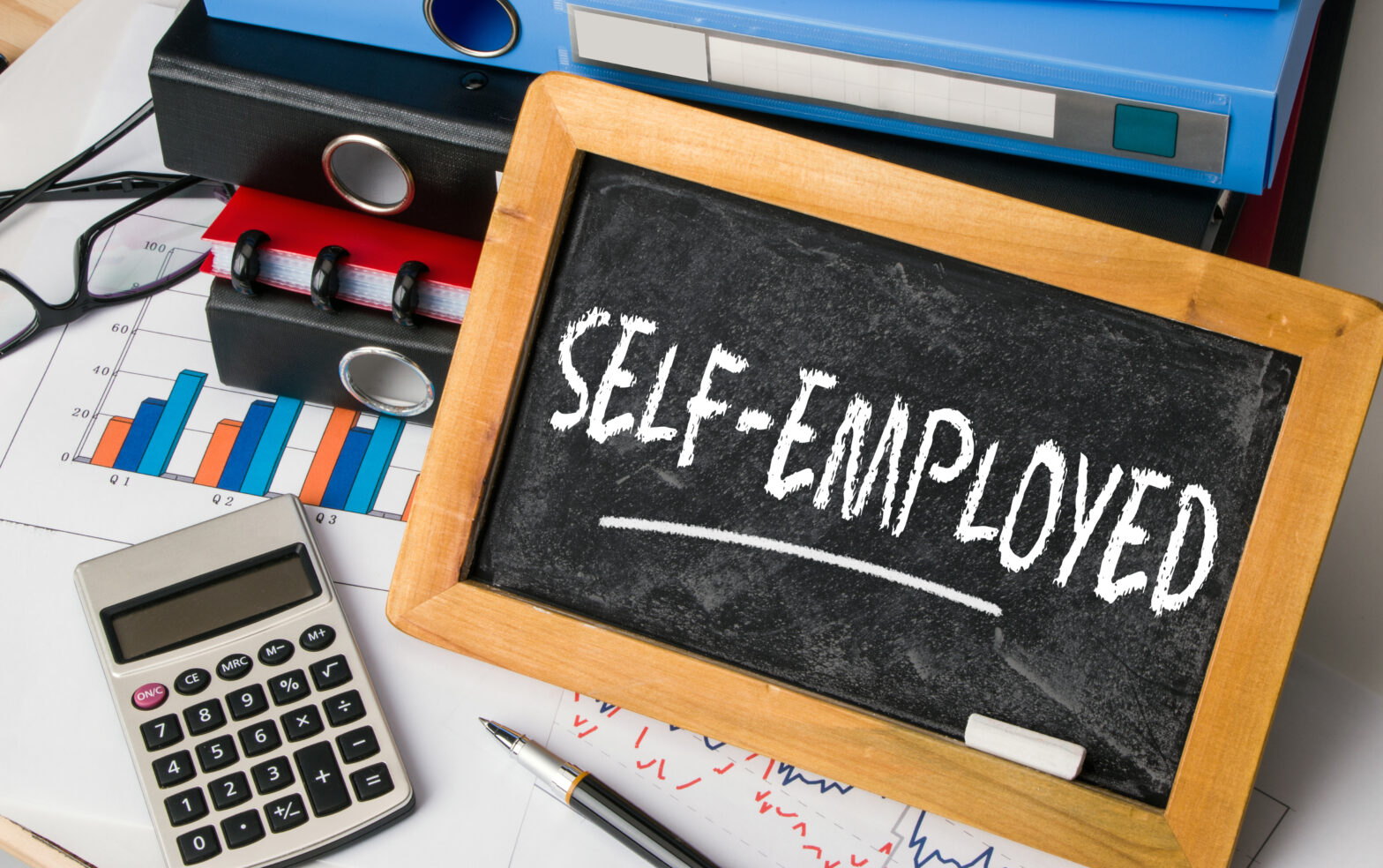Self-employed individuals in the UK are twice as likely (20 per cent) to reside in a ‘low income’ household compared to employees (10 per cent), where ‘low income’ refers to having an equivalent gross household income below 60 per cent of median household income.
Given that 4.62 million individuals are self-employed in the UK, this indicates that over 900,000 individuals are self-employed and in a low income household, according to a study by think tank Bright Blue.
Self-employed individuals in low income households work markedly more hours on average (38 hours per week) than employees in low income households (26 hours per week).
Such self-employed people on low income are overwhelmingly satisfied with their job (80 per cent), and are more satisfied than employees on low incomes (74 per cent).
Three quarters (75 per cent) of self-employed individuals in low income households say that their ambition for self-employment is being able to sustain a good standard of living. By contrast, 13 per cent say that it is to grow their business to be as large as possible
Author of the report and senior research Fellow of Bright Blue, David Kirkby says that self-employment is a major and growing part of Britain’s labour market and it is vital that policymakers ensure these individuals are effectively supported.
‘Self-employed people on low income should be the priority. Earnings from self-employment have fallen in recent years and the self-employed are now more likely to be on low income than employees,’ he says.
Kirkby adds that self-employed individuals on low income are often in a particularly precarious situation financially, typically experiencing significant fluctuations in their income which can be difficult to manage.
‘The government should establish new personal welfare accounts for self-employed individuals which they would pay into, and draw down upon in times of need, such as unemployment or illness.
‘This new ‘welfare settlement’ would boost the financial resilience of the self-employed and boost the control and personal responsibility they have for insuring themselves against times of hardship,’ he adds.
The study of self-employed people in low income households shows the top three challenges are: income fluctuations (55 per cent), lack of holiday pay (37 per cent), and saving for a rainy day (36 per cent).








